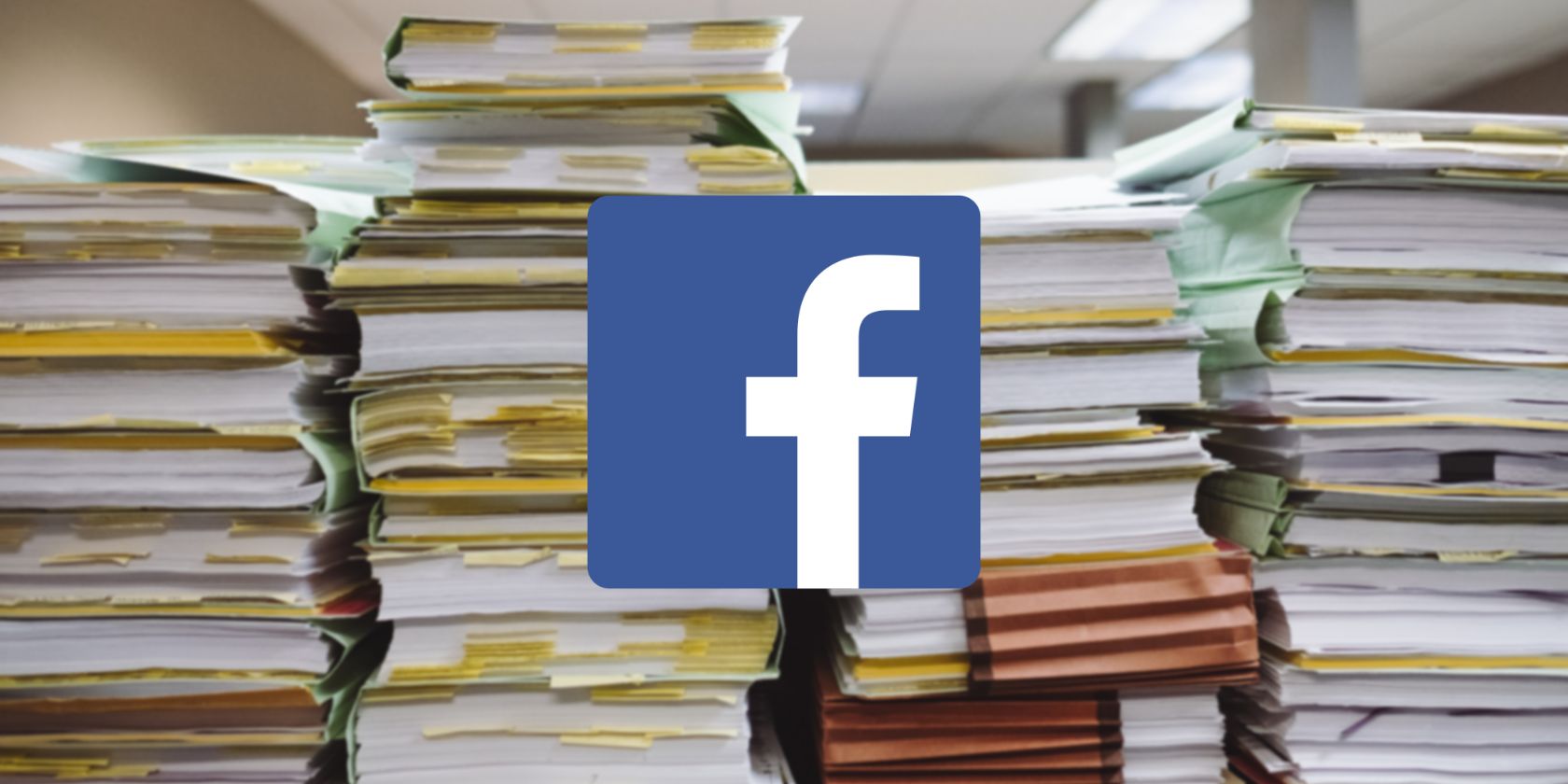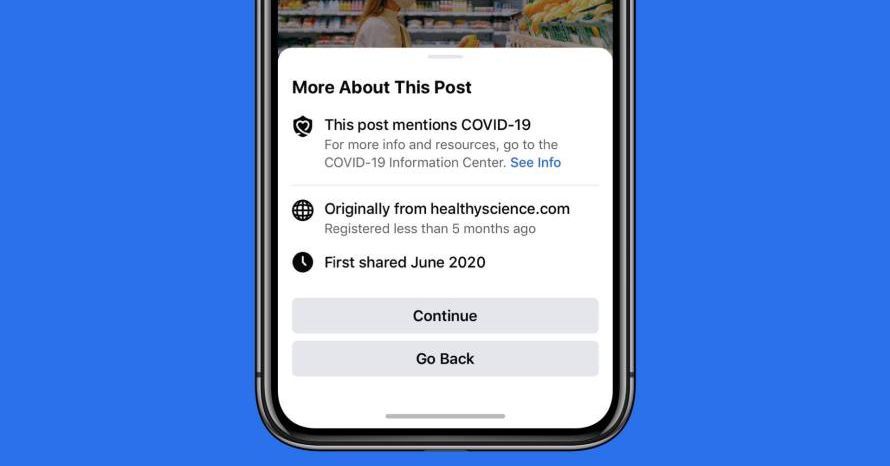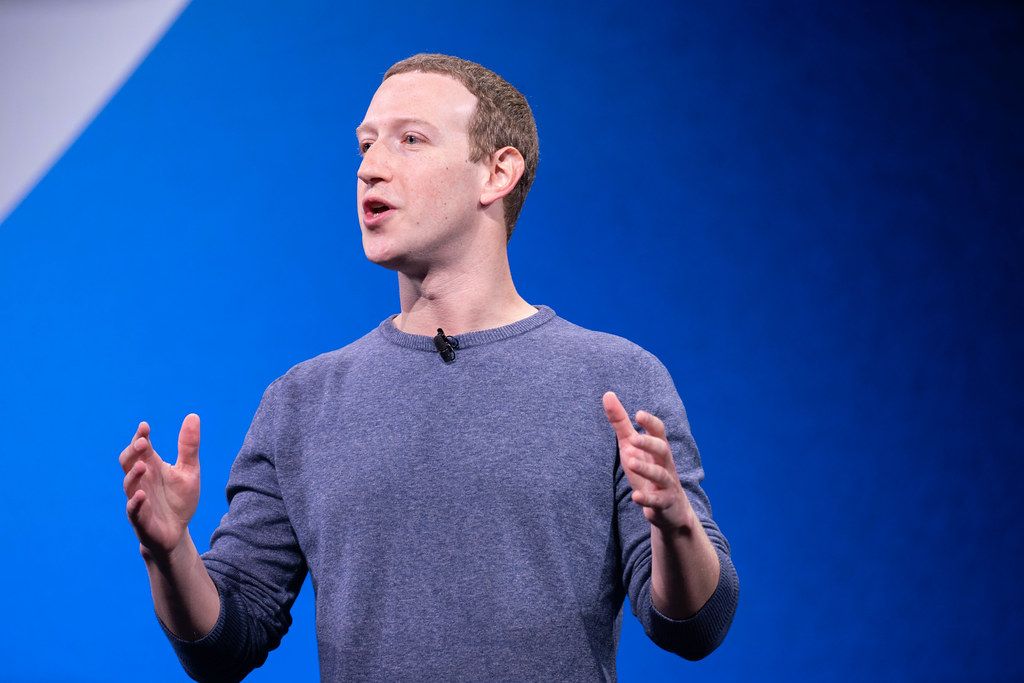It seems like everybody's been talking about The Facebook Papers recently. The reports that reveal some of Facebook's shadier practices have been going around the web, and causing quite the discussion about the social platform.
With all the reports painting Facebook in a fairly negative way, The Facebook Papers are pretty damning. Or are they? Perhaps the reports don't actually reveal that much about Facebook's practices after all.
Here, we'll take a look at some reasons The Facebook Papers aren't as damning as they may first seem.
Note: The Facebook Papers were released before Facebook's rebranding to Meta, so we will still refer to the company as Facebook.
The Facebook Papers' Revelations Aren't Particularly Scandalous
Most of the reports from The Facebook Papers focus on misinformation as the big “revelation” about Facebook. Now, misinformation certainly is a problem on the internet; it can actually be quite dangerous. But it isn't particularly scandalous for Facebook.
Think back to the Cambridge Analytica scandal from 2018. There was massive public outcry towards Facebook, and rightfully so. Using non-consented data to target political ads is inexcusable, and arguably much more scandalous.
The Facebook Papers appear to be getting much more public attention than the Cambridge Analytica scandal. While there are numerous factors behind this, it seems odd that a comparatively less serious problem is being exaggerated so much.
The Facebook Papers are being described and perceived as the worst information that could have come out about the company. But that's not so. Imagine if the reports contained information that showed Facebook was being used by other countries in cyberattacks. That would have been a real revelation.
While not trying to downplay the significance of the misinformation problem on Facebook and the wider internet, it isn't particularly scandalous. It's less serious than Facebook's previous scandals, and it's much less serious that it could have been.
Many Documents in The Facebook Papers Are Just Photos, Not Documents
When you've been reading about The Facebook Papers, it certainly sounds as though the reports are leaked documents, as one might expect. But, as Gizmodo acknowledged, the majority of the “documents” are just photos of reports on a computer screen.
Now, you can see why the reports are all photo-based, it's much easier to take a sneaky photo with your phone than it is to suspiciously copy files to a thumb drive.
But, this fact means we have to give Facebook some benefit of the doubt. As you'll have no doubt seen, one of Facebook's reasons for denying the reports is that they mischaracterize the company by not providing the full context.
There's a lot going on right now, and I just discussed it in our earnings call. I also talked about some of the new... Posted by Mark Zuckerberg on Monday, 25 October 2021
While at first that may just sound like an excuse, Facebook is actually right. With just photos of select parts of documents, nobody (outside of Facebook) has read the documents in full.
As a result, there's undeniably some context missing from the documents in question. As to what that missing context is, we don't know. But isn't there a rule about jumping to conclusions?
Many Reports in The Facebook Papers Can Be Easily Explained Away
When you read some of the reports about Facebook from The Facebook Papers, you're probably thinking that it's pretty bad for Facebook. But with lots of the reports, there's much more than meets the eye.
One report that claims Facebook is worse at policing content in countries outside the US has real reports from Facebook to prove so, but not the why. Previous whistleblowers' explanations reveal that this is due to Facebook's particular focus on the user experience where its commercial tools are.
While Facebook is all over the world, Facebook's biggest commercial market is in the US. India might have the most Facebook users, but it's not Facebook's main target. All businesses focus on their target market more than others, and Facebook is doing the same thing.
Another report that's circulating the internet claims Facebook's internal reports contradict Mark Zuckerberg's public statements.
The particular example used is the CEO claiming Facebook removes 94 percent of the hate speech it finds before a human reports it, but a leaked report reveals less than five percent of all hate speech is removed from the platform.
Let's read that again. Zuckerberg claims 94 percent of the hate speech it finds before a human reports it is removed, and the report says less than five percent of all hate speech gets removed. Did you catch that? They're talking about two different things!
Only removing five percent of all hate speech is not good by any metric, but Zuckerberg's speeches and Facebook's internal reports aren't contradictory.
While these particular reports have been picked to provide an example, many more of The Facebook Papers can be explained away with other whistleblowers' leaks or that all-important missing context.
Facebook Did Some Things Wrong, But The Facebook Papers Are Too Damning
The Facebook Papers did reveal that the company has done some massive things wrong. For example, setting up a test account which was led to QAnon posts and not doing anything about it, or weighting angry reactions against normal reactions are huge concerns.
But, The Facebook Papers are painting Facebook in an exclusively negative light when there is more to the story. It seems everyone is jumping at the chance to point the finger at the company rather than examining the wider picture. And that's unfair, even if you are anti-Facebook.
The Facebook Papers are damning for the company, but certainly not as damning as they seem. Perhaps the saying should be “Don't judge a book by its hundreds of pages of whistleblown reports missing context”, though it's not quite as catchy.



